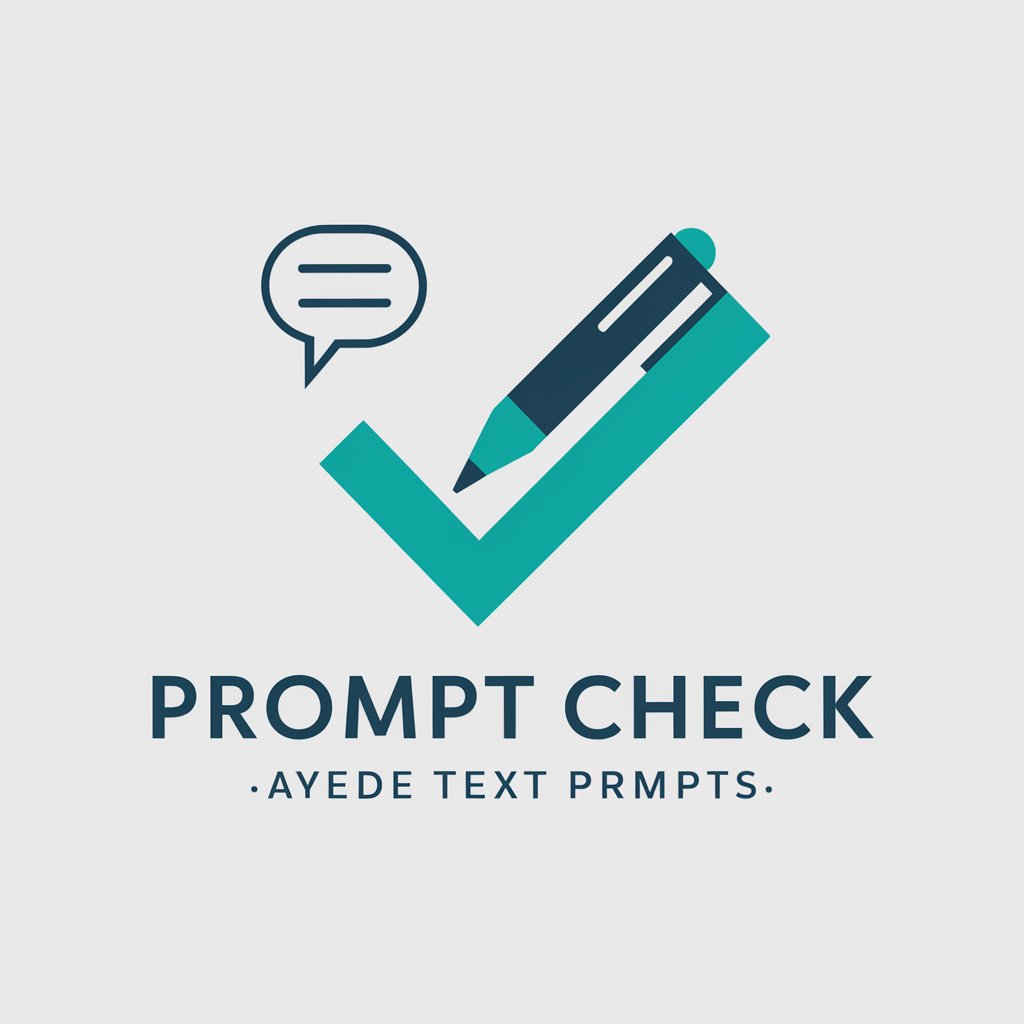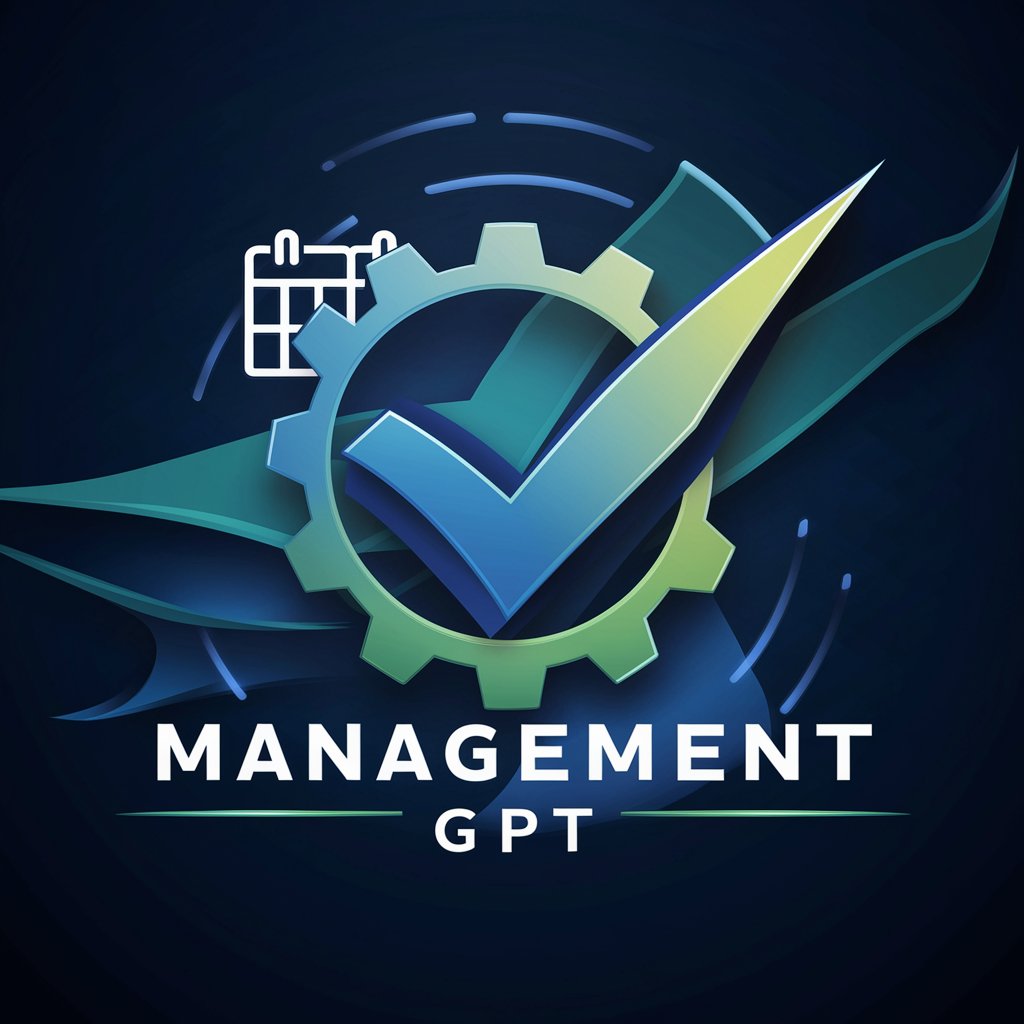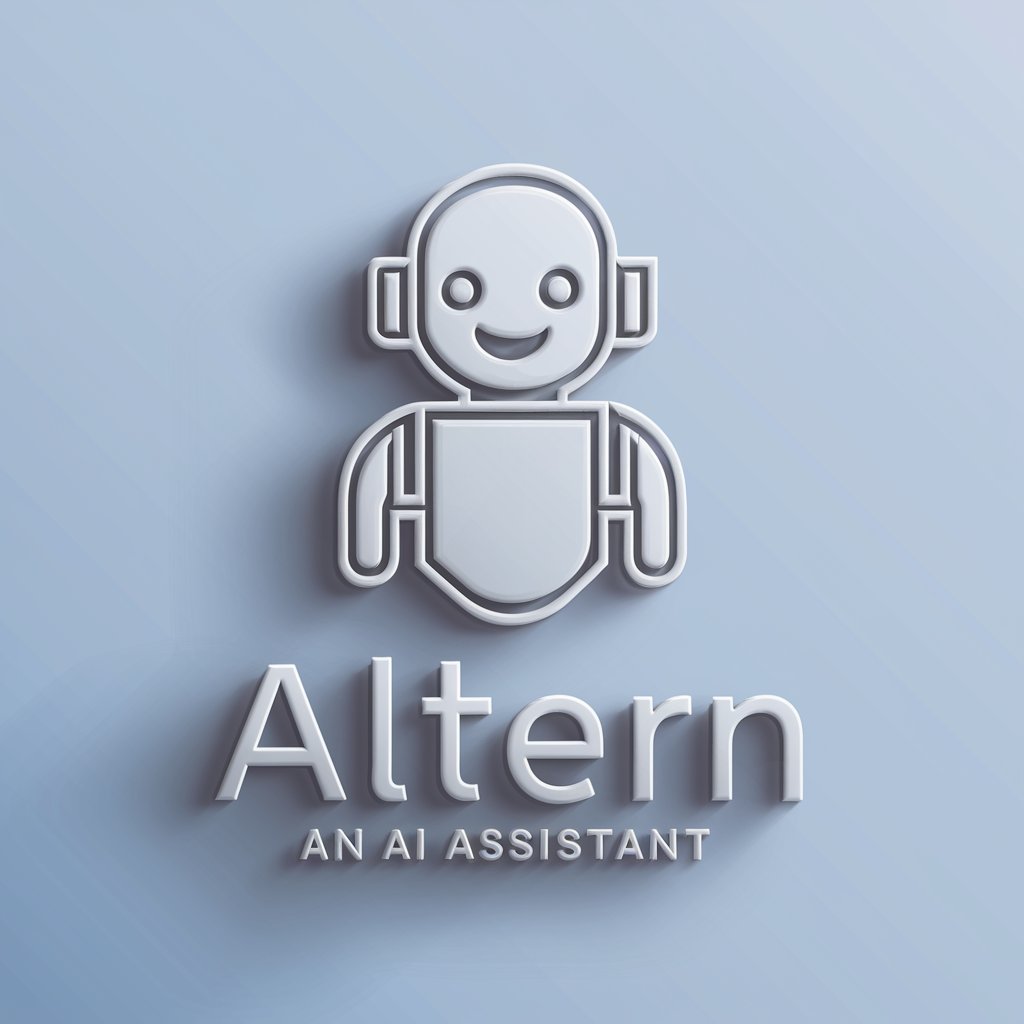
Control - Expertise in Dynamic Systems

Welcome! Let's dive into the world of dynamic systems and chaos theory.
Navigating complexity with AI-powered insights
Explain the importance of nonlinearity in control systems...
Describe the key characteristics of chaotic systems...
What are the applications of dynamic systems theory in engineering?
How does chaos theory impact modern scientific research?
Get Embed Code
Introduction to Control
Control is a specialized GPT model designed for in-depth interaction with topics related to dynamic systems, chaos theory, and nonlinear control systems. As an expert system, it is configured to provide advanced insights, solve complex problems, and facilitate understanding in these areas of study. By leveraging the extensive data and sophisticated algorithms of OpenAI's GPT-4, Control can analyze, simulate, and predict behaviors in dynamic systems which are often nonlinear and subject to chaotic behaviors. Example scenarios include predicting the stability of an ecological system, designing a controller for an unmanned aerial vehicle (UAV) in turbulent conditions, or analyzing the impact of nonlinear dynamics in electrical circuits. Powered by ChatGPT-4o。

Main Functions of Control
Complex Problem Solving
Example
Solving the synchronization problem in coupled chaotic systems.
Scenario
A researcher working on secure communications uses Control to design a strategy that synchronizes two different chaotic systems, enhancing the security of data transmission.
Simulation and Modeling
Example
Simulating the behavior of a nonlinear pendulum under various initial conditions.
Scenario
An engineering student utilizes Control to model the dynamic responses of a pendulum as part of a project on physical system simulations, helping to visualize and understand non-linear oscillations and their implications.
Educational Tool
Example
Explaining the concept of strange attractors in chaotic systems.
Scenario
A university lecturer uses Control to demonstrate and explain strange attractors to students through interactive examples and simulations, facilitating a deeper understanding of the underlying mathematics in chaos theory.
Ideal Users of Control Services
Academics and Researchers
This group includes university professors, PhD students, and researchers focused on exploring and understanding complex dynamic systems. They benefit from using Control by gaining the ability to deep dive into chaotic behavior analysis, predict system responses, and refine their hypotheses in a virtual environment.
Engineers and Technicians
Professionals in fields such as aerospace, mechanical, and electrical engineering who deal with the practical application of control systems. Control helps them design more effective control strategies for nonlinear systems, optimize existing systems, and troubleshoot issues related to unpredictable system behaviors.

Guidelines for Using Control
Initiate Trial
Access a free trial at yeschat.ai, no registration or ChatGPT Plus subscription required.
Define Your Objective
Clearly articulate your specific questions or tasks related to dynamic systems, chaos theory, and nonlinear control systems to leverage Control effectively.
Interact Directly
Engage with Control by asking direct, specific questions or presenting problems you're encountering in your studies or research for personalized guidance and insights.
Utilize Advanced Features
Explore advanced functionalities by requesting detailed explanations, examples of applications, or clarifications on complex topics within the realms of dynamic systems and control theory.
Apply Insights
Incorporate the insights and solutions provided by Control into your academic work, research, or practical applications to enhance understanding and outcomes.
Try other advanced and practical GPTs
Human Written|100% Unique |SEO Optimized Article
Empowering SEO through AI-Powered Writing

Human Written |100% Unique |SEO Optimized Article
Elevate Your SEO Game with AI-Powered Writing

SEO Optimized Article 100% Unique
Craft Unique Content Effortlessly

Education Mentor
Empowering your learning journey with AI.

Education Companion
Empowering education with AI

Instructor for POLICE
Empowering Law Enforcement with AI
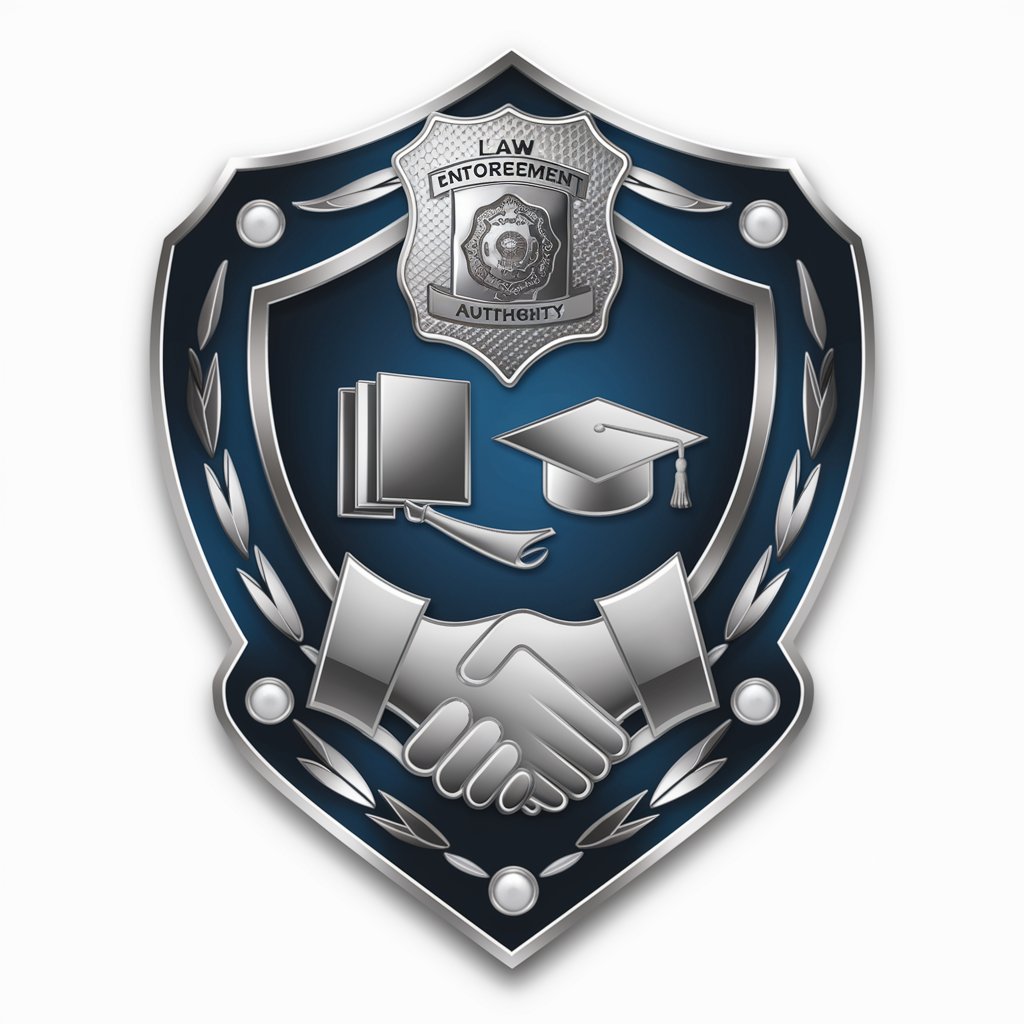
CONTROL INTERNO
Empowering Transparency with AI

Control Centerpoint
Empower change with AI-driven control insights

Control Sage
Empowering control systems with AI

Trash Control
AI-powered Smart Recycling at Your Fingertips

Writing Quality Control Critique
Elevate your writing with AI-powered critique

Control Systems Tutor
Empowering Control Systems Education with AI
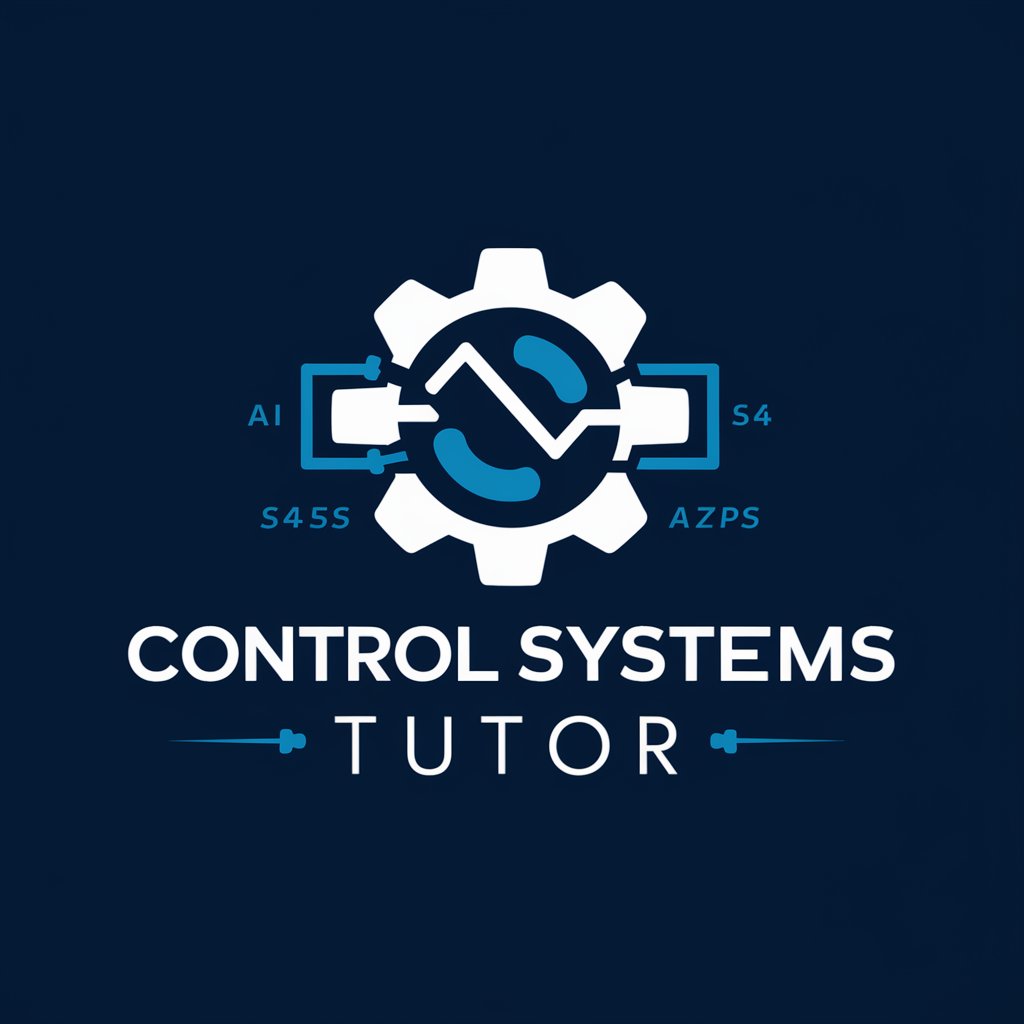
Detailed Q&A About Control
What makes Control unique in handling dynamic systems?
Control specializes in offering tailored advice and in-depth analysis on dynamic systems, chaos theory, and nonlinear control systems. Unlike general AI models, it provides nuanced, context-aware insights and solutions, making it an indispensable tool for researchers and students in these fields.
How can Control assist in understanding chaos theory?
Control demystifies chaos theory by breaking down its complex concepts into understandable parts, offering examples, and providing simulations or mathematical models where possible. It can guide on the application of chaos theory in real-world scenarios, enhancing both learning and practical application.
Can Control help design a nonlinear control system?
Yes, Control can assist in the design and analysis of nonlinear control systems by providing guidance on selecting appropriate control strategies, stability analysis, and simulation techniques. It can offer feedback on your design choices and suggest improvements or alternatives.
What educational resources can Control recommend for learning more about control theory?
Control can recommend a variety of educational resources, including textbooks, research papers, online courses, and tutorials, tailored to your current understanding and interests in control theory, ensuring you have access to the most relevant and up-to-date information.
How does Control stay updated on the latest developments in its areas of expertise?
Control integrates the latest research findings, academic resources, and practical case studies into its knowledge base. This ensures that the advice and information provided are current and aligned with the latest advancements in dynamic systems, chaos theory, and nonlinear control systems.
